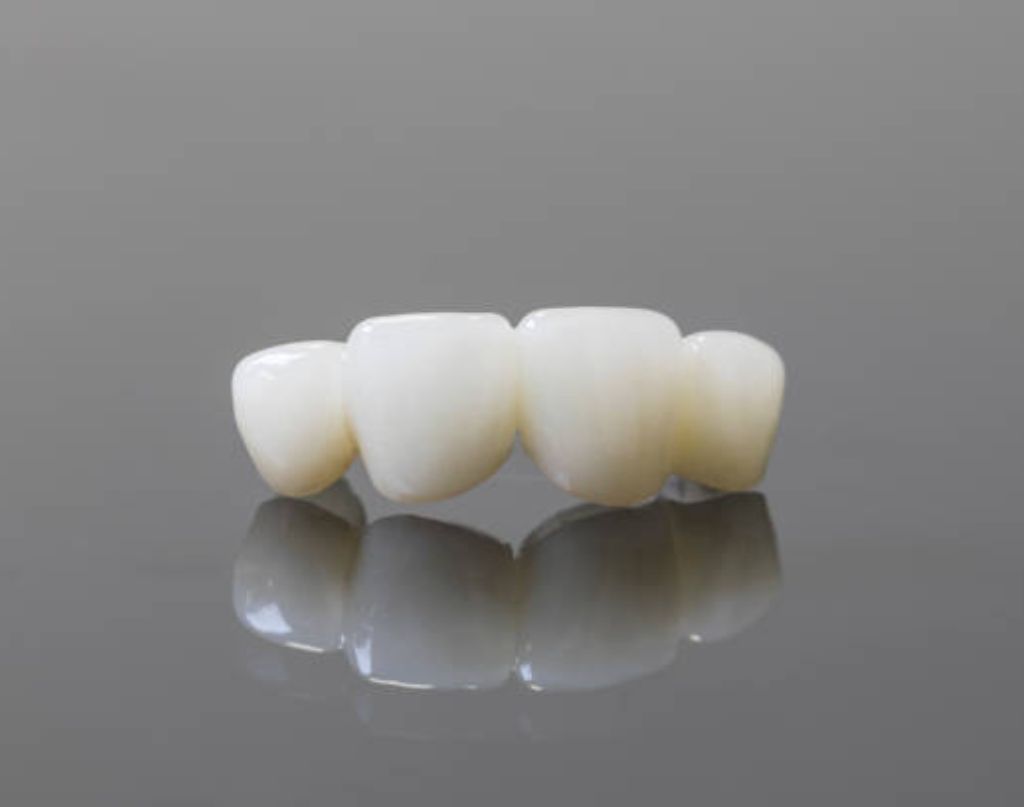Dental bridges and implants are two common options for replacing missing teeth. While both offer advantages, each has unique features that make it more appropriate in certain situations. This article will explore the differences between dental bridges and implants to help you make an informed decision about which option is best for you.
Dental bridges are prosthetic devices that fill gaps created by missing teeth. They consist of one or more artificial teeth, called pontics, that are anchored to the remaining natural teeth on either side of the gap. Bridges are typically made of porcelain or a combination of porcelain and metal.
Bridges have several advantages. They are less invasive than implants and can be completed in fewer appointments. They are also less expensive than implants, making them a more affordable option for some patients.
However, there are also disadvantages to bridges. Because they rely on the surrounding natural teeth for support, those teeth may become more susceptible to decay or damage. Bridges also require more maintenance than implants, as they need to be cleaned thoroughly and may require adjustments over time.

Dental implants are artificial tooth roots that are placed directly into the jawbone. They consist of three parts: the implant itself, which is a small titanium post that is placed in the jawbone; the abutment, which is a connector that attaches to the implant and holds the artificial tooth in place; and the crown, which is the visible part of the tooth that is attached to the abutment.
Implants have several advantages. Because they are anchored directly to the jawbone, they provide a more stable and long-lasting solution than bridges. They also do not rely on surrounding teeth for support, which means that those teeth are less likely to be affected by decay or damage. Additionally, implants look and feel like natural teeth, making them a popular choice among patients.
However, implants also have some disadvantages. They require a more invasive procedure than bridges and may take longer to complete. They are also more expensive than bridges, making them less accessible for some patients.
When deciding between a dental bridge and an implant, there are several factors to consider. These include:
Cost: Dental bridges are generally less expensive than implants. However, the cost can vary depending on the number of teeth being replaced and the materials used.
Durability: Implants are generally more durable than bridges and can last for many years. Bridges may need to be replaced after a certain amount of time.
Oral Health: Bridges require the support of surrounding teeth, which can put those teeth at risk for decay or damage. Implants do not rely on surrounding teeth and can actually help to preserve the health of adjacent teeth.
Maintenance: Both bridges and implants require regular maintenance to ensure their longevity. However, bridges require more maintenance than implants and may need to be adjusted over time.
Procedure: Implants require a more invasive procedure than bridges and may require more appointments to complete.
Aesthetics: Both bridges and implants can be made to look like natural teeth. However, implants may offer a more natural look and feel than bridges.
Bone Health: Implants stimulate the jawbone, helping to preserve bone health. Bridges do not provide this benefit.
Both dental bridges and implants offer advantages and disadvantages. When deciding which option is best for you, it is important to consider factors such as cost, durability, oral health, maintenance, procedure, aesthetics, and bone health. Your dentist can help you weigh these factors and make an informed decision.
Ultimately, the decision between a dental bridge and an implant comes down to your individual needs and preferences. If cost is a major concern, a dental bridge may be the best option. If durability and long-term stability are more important, an implant may be the better choice. Additionally, if you are concerned about preserving the health of adjacent teeth, an implant may be the way to go.
It is also important to note that not everyone is a candidate for dental implants. Individuals with certain medical conditions or who smoke may not be eligible for the procedure. Your dentist can evaluate your specific situation and determine whether implants are a viable option for you.
In conclusion, dental bridges and implants are both viable options for replacing missing teeth. Each has its own advantages and disadvantages, and the best choice will depend on your individual needs and preferences. By considering factors such as cost, durability, oral health, maintenance, procedure, aesthetics, and bone health, you can make an informed decision about which option is right for you. Your dentist can help you evaluate these factors and make a recommendation based on your specific situation.














5 Comments
[…] Dental Bridge Vs Implant […]
[…] Dental Bridge Vs Implant […]
[…] Dental Bridge Vs Implant […]
[…] Dental Bridge Vs Implant […]
[…] Dental Bridge Vs Implant […]
Comments are closed.